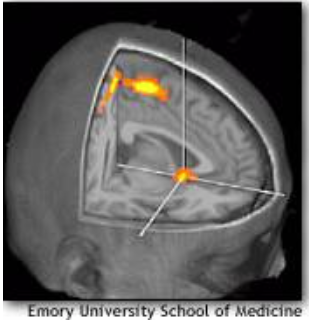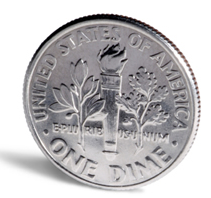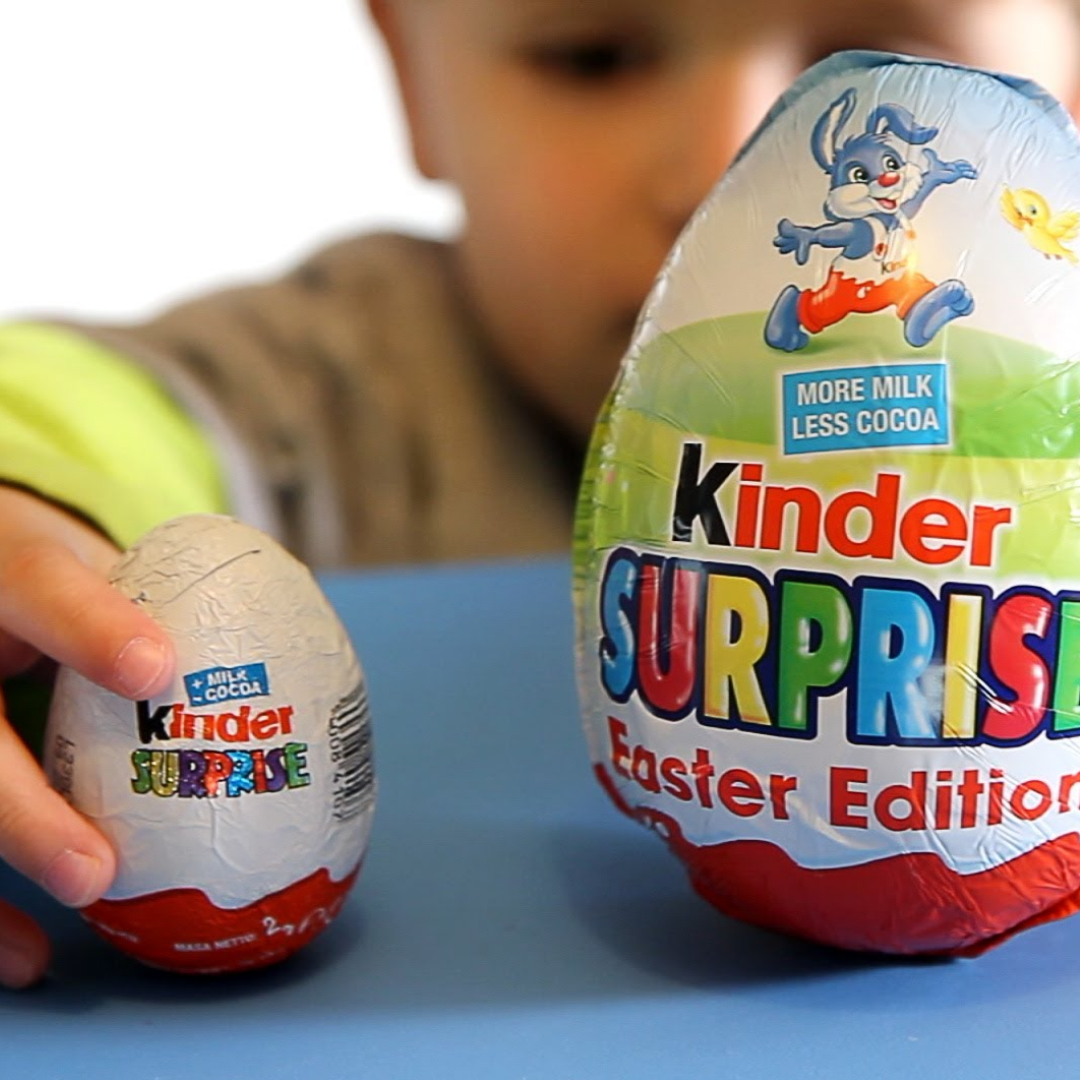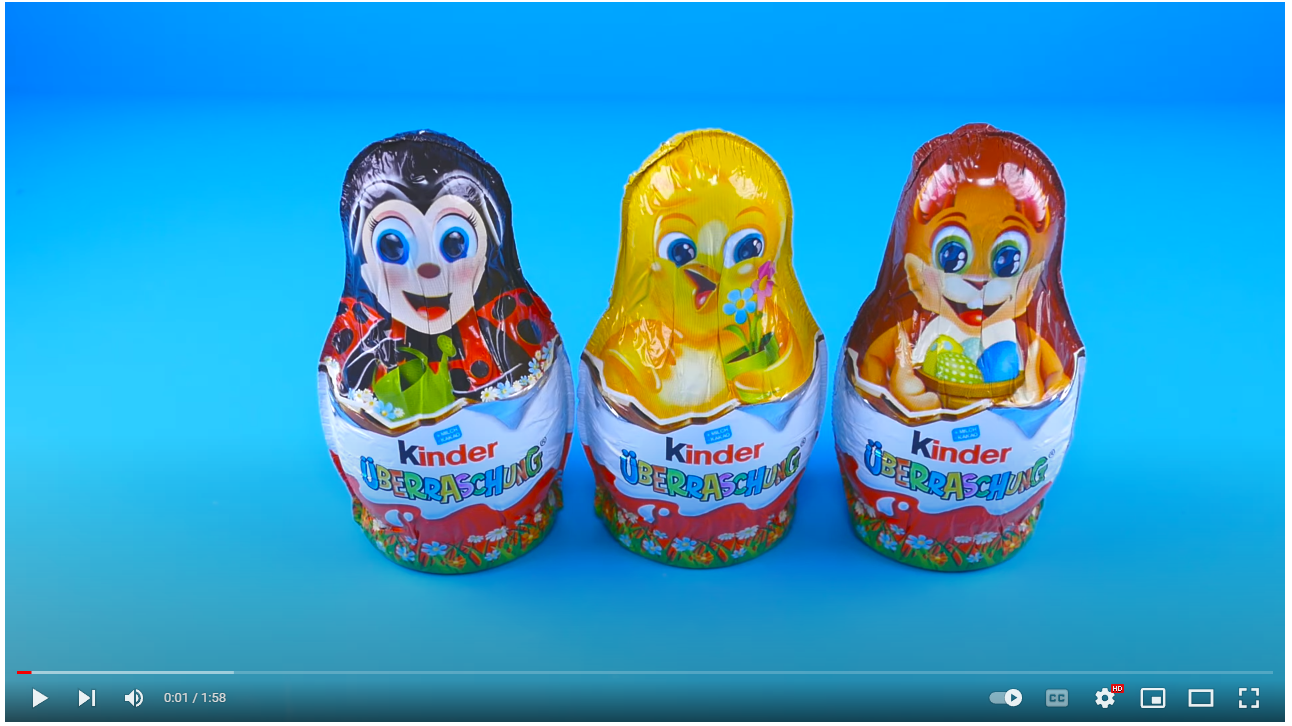MRI scans opened the door to confirm the power of surprise scientifically
During the experiment done by Dr. P. Read Montague, 25 participants were given either a little bit of water or juice. One group would get them in a predictable pattern, the second one was random.
Turns out that the random group showed a much higher brain response in the pleasure center.
Researchers found that the nucleus accumbens, a region known as the brain's pleasure center, respond much more strongly when a pleasurable event is unanticipated, suggesting that unpredictability enhances the pleasure of pleasant events. The study could provide new insights into addiction as the same region of the brain is activated by cocaine and other drugs.

A lucky dime a day makes the fog go away
A famous experiment by Norbert Schwarz was held in 1987.
A dime would be placed near the copy machine in a way that it could be easily found. When subject who found this dime were surveyed shortly after, their response to overal satisfaction with life was substantially higher than other subjects who did not find this coin.

BTW. It worked with the food too. Participants of the experiment who got a free sample on their way out of a grocery store liked their .. TV experience more than those who did not receive anything.
Beware!
Studies seem to confirm that the surprise effect amplifies emotion in general, whether they are good or bad.
The old saying that it is better to under-promise and over-deliver is pure wisdom in this context.
If you do the opposite, the "negative surprise" will put a lot of weight on your business development.
Surprise is the way to nurture passionate relationships
Romance is all about surprise. If you consider the act of proposing, it is almost certain, that the proposing spouse will pick a moment or scenery, that would be to some extent unpredicted.
Surprise triggers learning!
Which is good and bad. The stimuli in our brian during the surprise effect is so strong, that it helps create new decision paths (learning), creating a "recency" effect.
When used wisely, it can help a lot students, who have difficulty learning or understanding a new skill, by surprise stimuli (changing environment, doing something different, doing something with someone else, in general introducing randomness) they can achieve much better results.
On the other end, it also leads to participation in risky behavior like stock market exposition, buying assets that just wen up in value dramatically, without taking into consideration logical arguments. Tulip mania
Kids watch Kinder surprise "unboxing videos"

The "Surprise Eggs Show" may not have a lot of subscribers (less than a million), but it sure does have lots of views!
Children are so addicted ( maybe, lets use the safe word "conditioned" ?) to the pleasure of unpacking the surprise eggs, they prefer to watch the "unboxing" videos over other content. As per today (21.04) the channel has over 270 millions of views. Just unpacking the Kinder Surprise eggs. And this is just one youtube channel on thetopic, out of thousands.

How often does your brand surprise your customers?
It is good to ask yourself this question. Good marketers know how to use the power of surprise to increase customer loyalty.
Sources:
McClure SM, York MK, Montague PR. The Neural Substrates of Reward Processing in Humans: The Modern Role of fMRI. The Neuroscientist. 2004;10(3):260-268. doi:10.1177/1073858404263526 - full text here
https://hbr.org/2013/05/surprise-is-still-the-most-powerful - a short article about the surprise effect.
NEVO, I., & EREV, I. 2012. On surprise, change, and the effect of recent outcomes. Frontiers in Cognitive Science, 3. - full text here
http://www.ccnl.emory.edu/Publicity/MSNBC.HTM - another interesting article on the effects of surprise
https://en.wikipedia.org/wiki/Tulip_mania - Tulip Mania
Picture photo: Photo by Roger Bradshaw on Unsplash